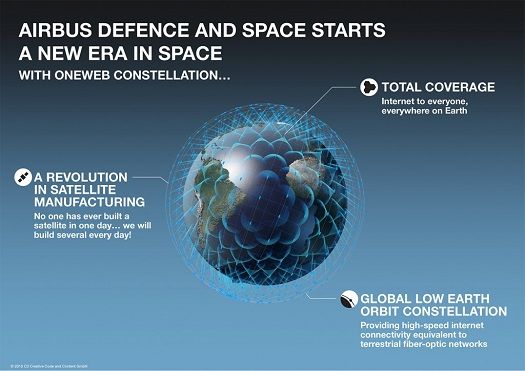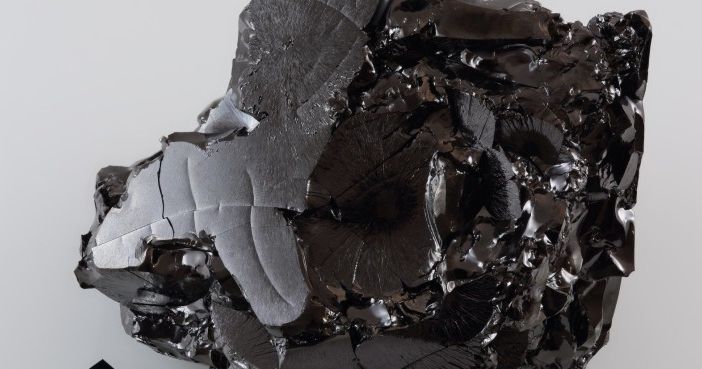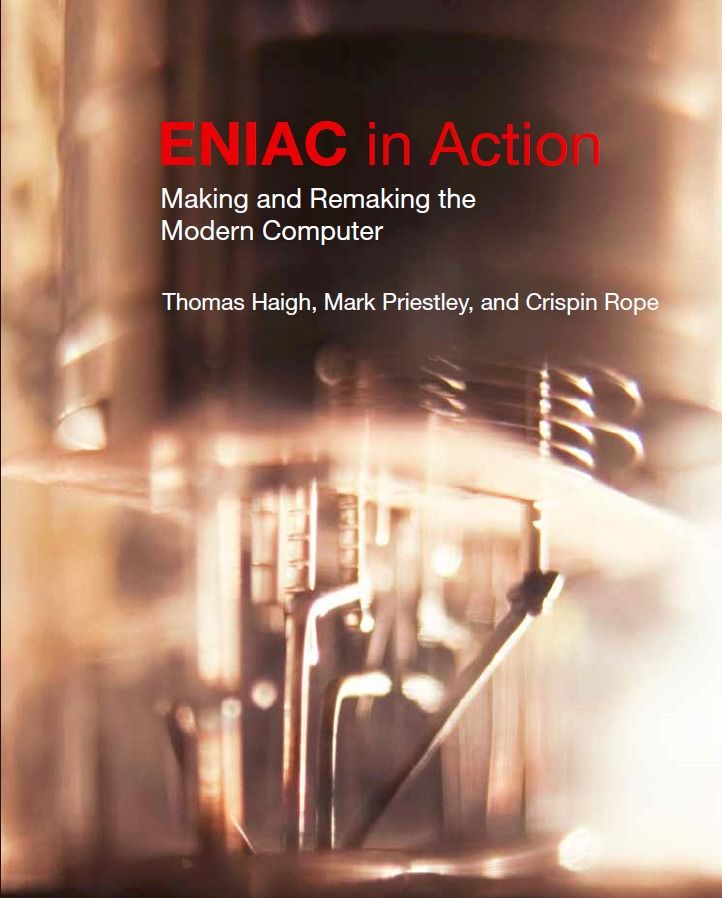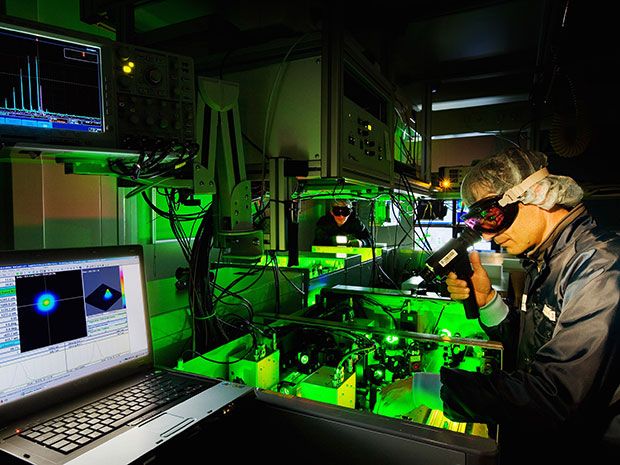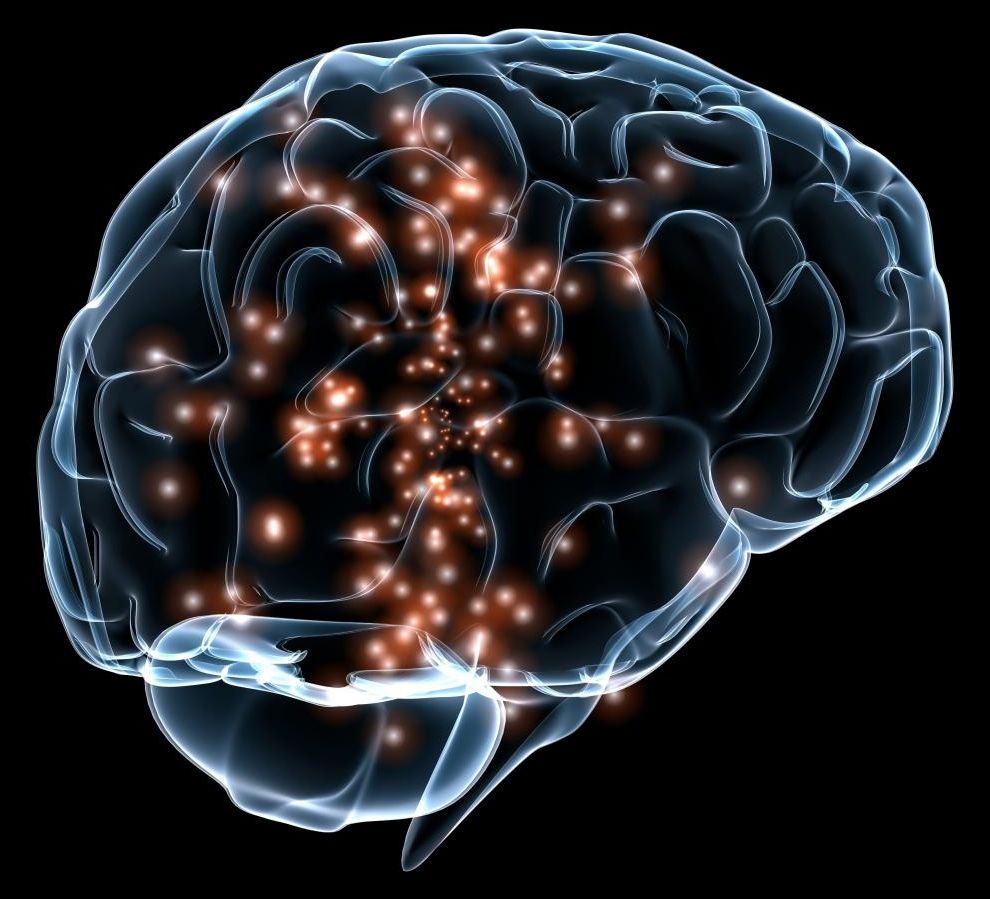Page 10733
Apr 18, 2016
NYU Holodeck to be a model for year 2041 cyberlearning
Posted by Klaus Baldauf in categories: education, robotics/AI, virtual reality
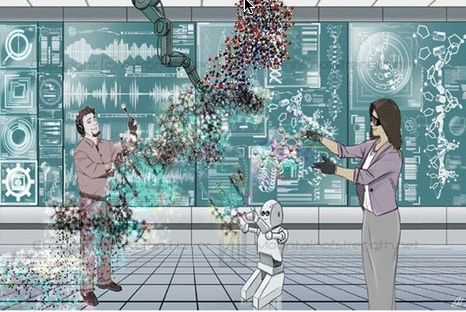
In an open-access paper in the Journal of Artificial Intelligence Education, Winslow Burleson, PhD, MSE, associate professor, New York University Rory Meyers College of Nursing, suggests that “advanced cyberlearning environments that involve VR and AI innovations are needed to solve society’s “wicked challenges*” — entrenched and seemingly intractable societal problems.
Burleson and and co-author Armanda Lewis imagine such technology in a year 2041 Holodeck, which Burleson’s NYU-X Lab is currently developing in prototype form, in collaboration with colleagues at NYU Courant, Tandon, Steinhardt, and Tisch.
Continue reading “NYU Holodeck to be a model for year 2041 cyberlearning” »
Apr 18, 2016
People paralysed from neck down will be able to walk in 20 years’ time
Posted by Dan Kummer in categories: biotech/medical, engineering
Professor John Donoghue, director of Switzerland’s Wyss Centre for Bio and Neuro Engineering, predicts that in about 20 years time patients will have movement restored to all four limbs.
Apr 18, 2016
Scientists have finally made a substance that’s even stronger than graphene
Posted by Shailesh Prasad in categories: entertainment, materials
Much like in comic books, scientists are on an endless quest to discover or create the strongest, most durable substance possible. Theories about how to go about that have long circulated, but nobody has been able to overcome the challenge—until now. A team of Austrian researchers has finally worked out a way to stabilize what they are calling the strongest of all known materials, an exotic form of carbon called carbyne.
Apr 18, 2016
Black Hole ‘Firewalls’ Pits Einstein’s Theory Against Quantum Mechanics
Posted by Karen Hurst in categories: cosmology, quantum physics
When Black Hole Firewalls pit theory of relativity against Quantum Mechanics.
A worldwide study reconciles the theory of black hole “firewalls,” which pits the two theories of general relativity and quantum mechanics against one another.
Apr 18, 2016
Artificial Intelligence’s Ultimate Challenge? Cyber Attacks
Posted by Karen Hurst in categories: cybercrime/malcode, information science, quantum physics, robotics/AI
AI is hackable as long as it’s underpinning technology is still supported on legacy platform technology and connected to a legacy infrastructure. Only when the underpinning technology & net infrastructure is updated to Quantum will we see a secured AI environment.
At MIT, machine learning specialists are training deep learning algorithms to spot cyber attacks. It may be AI’s ultimate test.
Apr 18, 2016
When Artificial Intelligence Started To ‘Change The World’
Posted by Karen Hurst in categories: business, computing, quantum physics, robotics/AI
AI has been around for over 50 years. So, no it is not new technology. However, what is new is the various breeds of AI. Online bot technology is where folks can expect a larger immediate return. physical Robotics is still not going to deliver at the level that the consumers and various businesses require for adoption on a massive scale. Again, quantum and bio-computing will improve robotics as well as other areas of AI.
The history of technology, whether of the last five or five hundred years, is often told as a series of pivotal events or the actions of larger-than-life individuals, of endless “revolutions” and “disruptive” innovations that “change everything.” It is history as hype, offering a distorted view of the past, sometimes through the tinted lenses of contemporary fads and preoccupations.
In contrast, ENIAC in Action: Making and Remaking the Modern Computer, is a nuanced, engaging and thoroughly researched account of the early days of computers, the people who built and operated them, and their old and new applications. Say the authors, Thomas Haigh, Mark Priestley and Crispin Rope:
Continue reading “When Artificial Intelligence Started To ‘Change The World’” »
Apr 18, 2016
Implanted Medical Devices Save Our Lives And Tempt Computer Hackers
Posted by Karen Hurst in categories: biotech/medical, computing, cyborgs, health, internet, mobile phones, neuroscience, security
All true and good points. Until the under pinning technology and net infrastructures are update; all things connected will mean all things hackable.
Medical devices like pacemakers and insulin pumps will save many lives, but they also represent an opportunity to computer hackers who would use the Internet to cause havoc. Former futurist-in-residence at the FBI, Marc Goodman says it is easy to take for granted how connected we’ve already become to the Internet. Most American adults keep their phones within arm’s reach all day, and keep their devices on their nightstand while they sleep — and forget about actually remembering people’s phone numbers. That is a job we have outsourced to machines.
In this sense, says Goodman, we are already cyborgs. But digital devices connected to the Internet will continue to move inside our bodies, just as pacemakers and insulin pumps have. In his interview, Goodman discusses cases of computer hackers taking advantage of these devices’ connectivity to show how vulnerable we could soon become to their potentially destructive wishes. In one case, a hacker demonstrated he could release several weeks of insulin into a diabetic’s body, certain to cause a diabetic coma and death. In another, hackers induced epileptic seizures by hacking the Epilepsy Foundation’s webpage.
Continue reading “Implanted Medical Devices Save Our Lives And Tempt Computer Hackers” »
Apr 18, 2016
Germans Plan Petawatt Laser to Zap Brain Tumors
Posted by Karen Hurst in categories: biotech/medical, neuroscience
Apr 18, 2016
Brain caught ‘filing’ memories during rest
Posted by Karen Hurst in categories: biotech/medical, health, neuroscience
Interesting and will be important in brain/ neuro replicating and enhancements.
Memories formed in one part of the brain are replayed and transferred to a different area of the brain during rest, according to a new UCL study in rats.
The finding suggests that replay of previous experiences during rest is important for memory consolidation, a process whereby the brain stabilises and preserves memories for quick recall in the future. Understanding the physiological mechanism of this is essential for tackling amnesiac conditions such as Alzheimer’s disease, where memory consolidation is affected.
Continue reading “Brain caught ‘filing’ memories during rest” »
